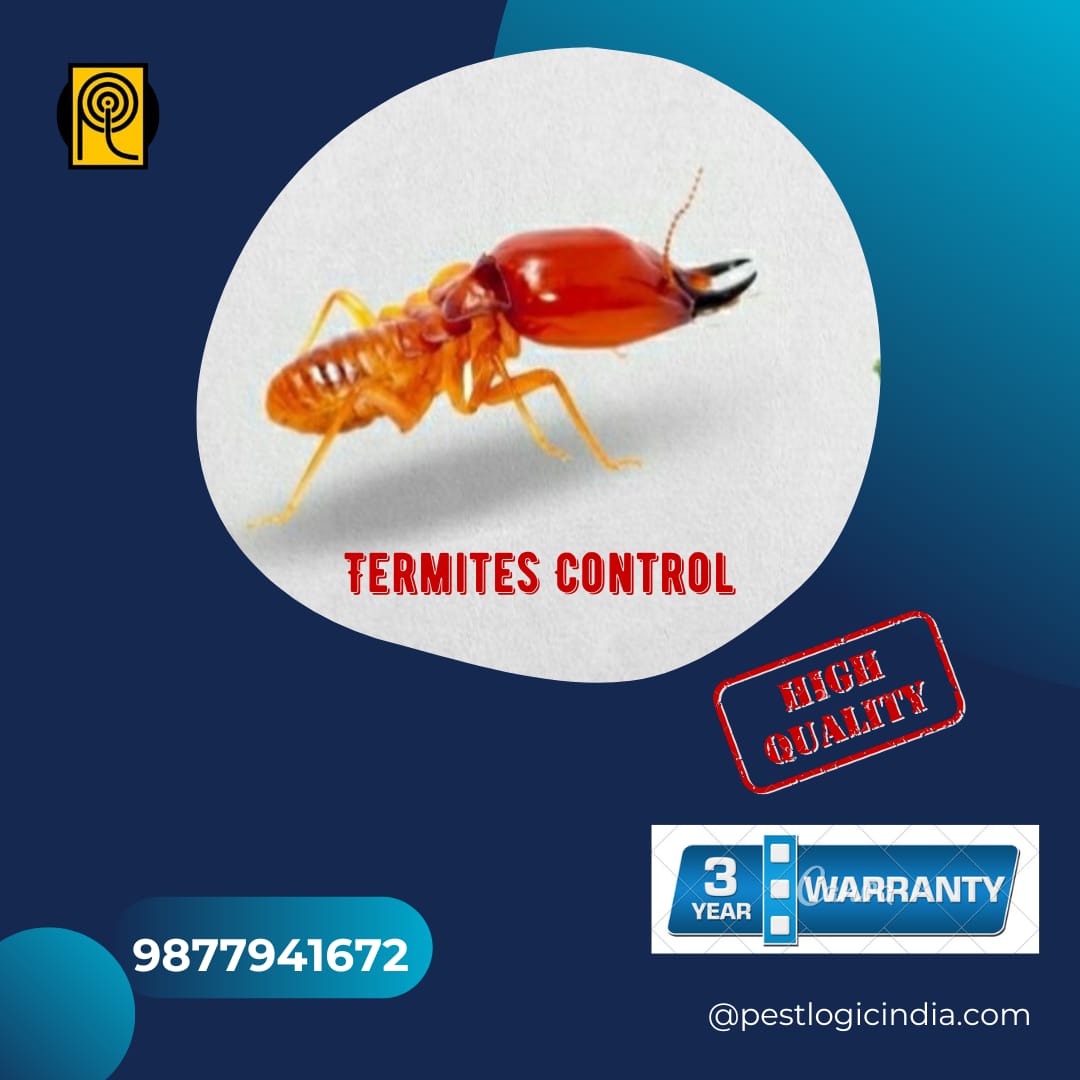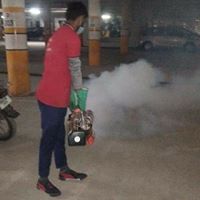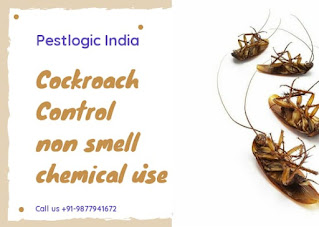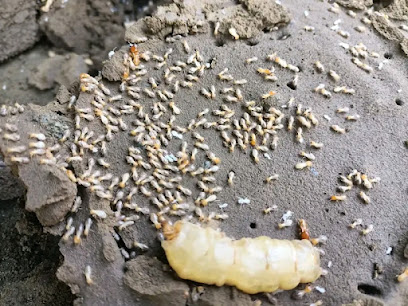Imidacloprid Insecticide uses
Imidacloprid
Contact for purchase Imidacloprid 30.5 EC- Pestlogic India
Imidacloprid is a neonicotinoid class of insecticide that is widely used to control various pests, including insects that attack crops, ornamental plants, and turf. Here are some key points about imidacloprid:
Mode of Action:
- Imidacloprid acts on the central nervous system of insects, disrupting the transmission of nerve impulses.
Broad-Spectrum Insecticide:
- It is effective against a broad range of insects, including soil-dwelling pests, foliar-feeding pests, and insects that bore into plant tissues.
Application Areas:
- Imidacloprid is used in agriculture to protect crops such as fruits, vegetables, cereals, and ornamental plants.
- It is also utilized in turf management to control pests in lawns and golf courses.
Systemic Action:
- Imidacloprid is known for its systemic action, meaning it can be taken up by the plant and transported to various tissues, including leaves, stems, and roots. This provides long-lasting protection.
Seed Treatment:
- Imidacloprid is commonly used as a seed treatment. When seeds are coated with imidacloprid, the emerging seedlings are protected from early-season insect attacks.
Controlled Application:
- Imidacloprid is available in various formulations, including granules, liquid concentrates, and as part of coated seed treatments. The choice of formulation depends on the target pest and the application method.
Environmental Concerns:
- Neonicotinoids, including imidacloprid, have been a subject of concern due to their potential impact on pollinators, particularly bees. The use of neonicotinoids has faced increased scrutiny, leading to regulatory changes in some regions.
Regulatory Considerations:
- The use of imidacloprid and other neonicotinoids is regulated by government authorities. Users must follow guidelines and label instructions to ensure safe and effective application.
It's important for users of insecticides like imidacloprid to be aware of environmental considerations, adhere to recommended application rates, and comply with regulatory requirements. Additionally, integrated pest management (IPM) practices are encouraged to minimize reliance on chemical controls and promote sustainable pest management. Always refer to the product label and consult with agricultural extension services or pest control professionals for specific guidance based on local conditions and regulations








Comments